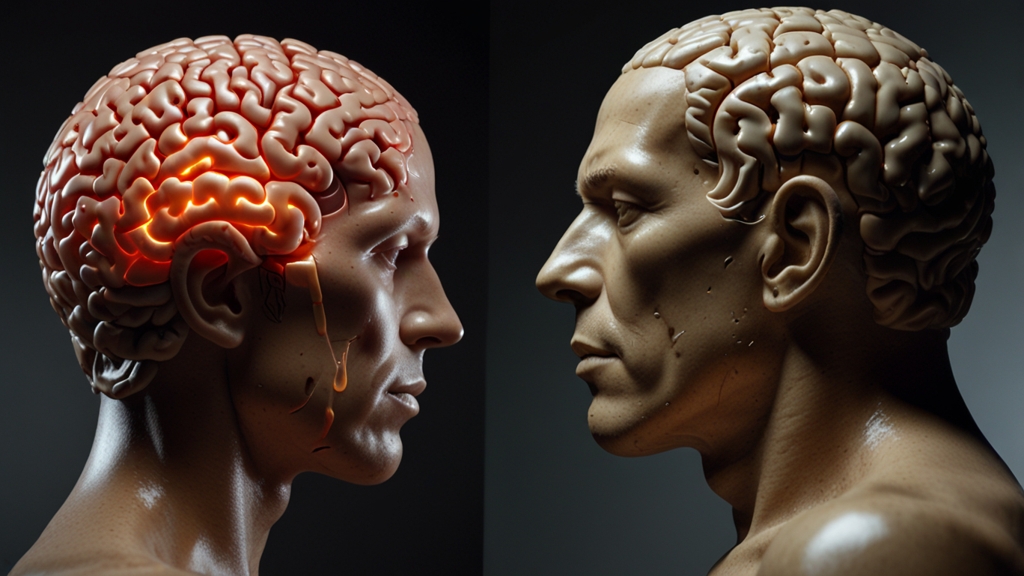Brain vs Body: What Philosophers Say About Consciousness
The philosophical debate on consciousness has been a perennial topic of interest, examining what it means to be conscious and how consciousness arises. The discussion frequently centers around the relationship between the brain and the body, raising the question: Is consciousness solely a product of the brain, or does the body play an intrinsic role? Various philosophers offer different perspectives on this intricate issue.
Mind-Body Dualism
One of the earliest philosophical stances on consciousness is mind-body dualism, primarily associated with René Descartes. Descartes proposed that the mind and the body are fundamentally distinct substances: the former being non-material and conscious, and the latter being material and non-conscious. According to Descartes, consciousness resides in the mind, separate from the physical workings of the brain and body.
"Cogito, ergo sum" (I think, therefore I am) – René Descartes
This dichotomy has been highly influential but has also faced considerable criticism and scrutiny. One of the major challenges to dualism is the "interaction problem," which questions how two fundamentally different substances can causally interact.
Physicalism and Materialism
In contrast to dualism, physicalism or materialism posits that everything about consciousness can be explained in terms of physical processes. According to this view, consciousness is deeply rooted in the brain's neural activities and chemical reactions.
Prominent physicalists like Daniel Dennett argue that consciousness is an emergent property of complex brain functions. Dennett suggests that everything we consider to be conscious experience can be understood as cognitive processes mapped to neural activities.
Embodied Cognition
Challenging the notion of the brain as the sole seat of consciousness, the theory of embodied cognition asserts that cognitive processes are deeply intertwined with the body's interactions with the environment. Philosophers like Maurice Merleau-Ponty argue that consciousness is not confined within the brain but emerges from the entire sensory-motor system.
"Consciousness is being-toward-the-thing through the intermediary of the body." – Maurice Merleau-Ponty
Embodied cognition emphasizes that perception, action, and even thought processes are not solely brain functions but are distributed across the brain, body, and environment.
Panpsychism
Another intriguing perspective is panpsychism, which posits that consciousness is a fundamental feature of the universe, much like space, time, and mass. According to panpsychism, consciousness is not exclusive to brains but is a ubiquitous property of all matter. Philosophers such as David Chalmers have explored this idea, suggesting that consciousness could be an intrinsic aspect of physical entities, from the simplest particles to the most complex organisms.
"Consciousness might be a fundamental feature of the world, alongside space, time, and mass." – David Chalmers
While panpsychism might initially sound counterintuitive, it addresses some of the hard problems of consciousness, such as explaining subjective experience and how it arises from seemingly non-conscious matter.
Conclusion
The debate over consciousness is far from settled, with various philosophical perspectives offering different answers. Dualism separates the mind from the body, while physicalism grounds consciousness in neural processes. Embodied cognition highlights the role of the entire body, and panpsychism suggests consciousness pervades all matter. Each viewpoint brings valuable insights, but also leaves us pondering the enigmatic nature of consciousness. As our understanding of the brain, body, and universe evolves, so too will our philosophical interpretations of consciousness.







